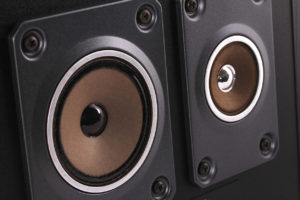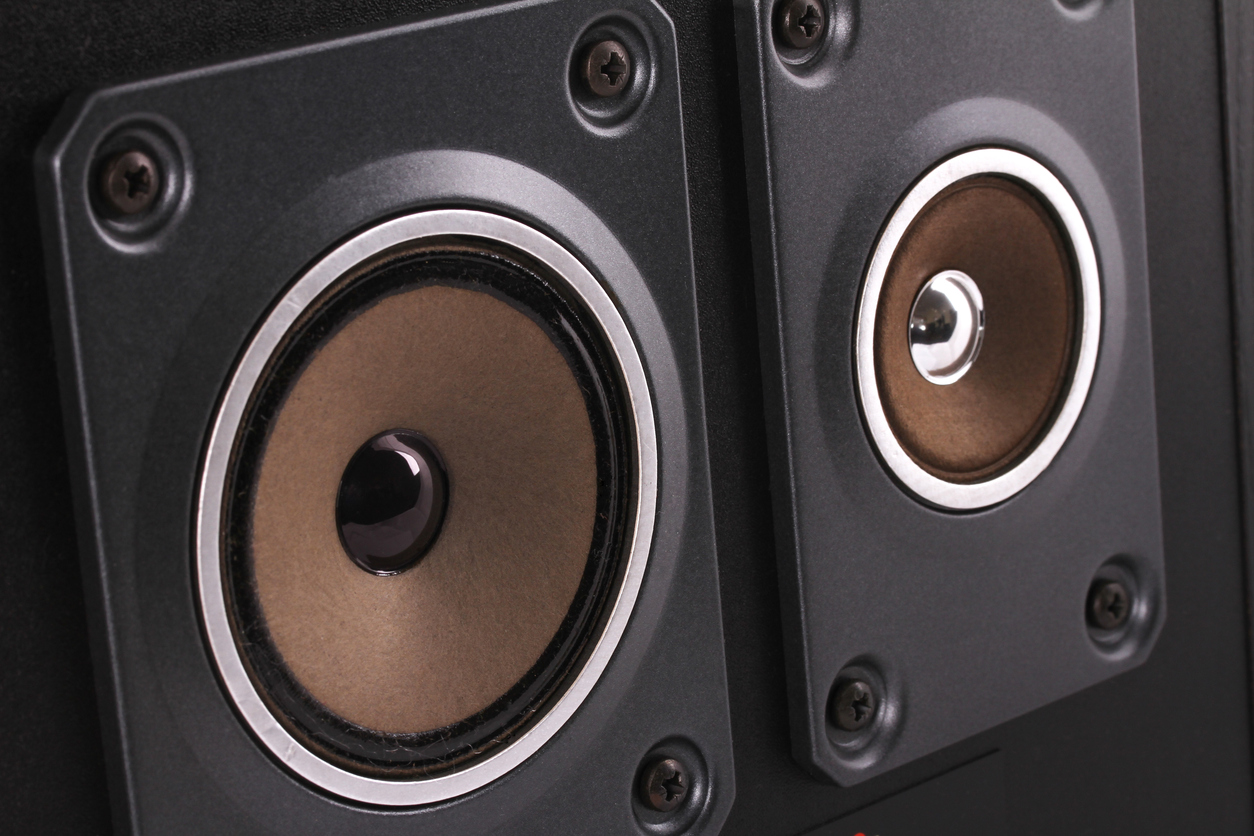
By Dan Cherny, EO Australia-Victoria member and Managing Director at Marketing Melodies and storePlay.
Streaming music services, such as Spotify or Apple music, have reshaped the way we consume music. Never before could we carry millions of songs in our back pockets and match playlists to our mood, at any time we desire. This great experience in personal music consumption triggers an important misconception among entrepreneurs looking for instore music though: “If Spotify/Apple music works so well in my personal life, why not use it in my shop, bar, restaurant or other business venue?” In this article, we provide a number of reasons why you should not. Both from a legal and a marketing perspective.
Reason 1: It is illegal
Whenever a business distributes music, it is obligated to pay mechanical rights. These are fees due the rights holders, as compensation for the fact that their creations are duplicated. Before streaming, these were physical, mechanical copies. Hence the term mechanical rights. The fees are much lower when the copies are intended for personal use as opposed to public use, such as instore music. Spotify and Apple music only cover these rights for personal use, so the music is not suited for public use. Furthermore, article 4 of Spotify’s own user agreement clearly states that only personal use is permitted. The reason is that Spotify’s deal with the major labels does not include commercial use.
These fees are a key component of the price of instore music. This is why you cannot compare Spotify pricing to subscriptions for legal instore music, such as storePlay.
This is not just a legal issue, but an idealogical one as well. Using services without the proper legal structures, means the artists are not getting paid their fair share of their music being used. And while the top artists might be able to take a slight financial blow, the vast majority of artists really need all their income streams.
“But I pay APRA & PPCA fees”
APRA & PPCA fees are paid by the business playing the music, as a compensation for the fact that they use the writers & artists’ creations for commercial purposes. These are due, regardless of wether the supplier of the music paid its mechanical rights and has the right deals with the labels. So unfortunately, paying your APRA & PPCA fees does not legalize the use of Spotify or any similar service.
Reason 2: It hurts sales and customer experience
Spotify and Apple music offer awesome playlists for all sorts of moods. Wether it is for relaxing at the beach, or boosting your morale at the gym. A combination of talented curators and algorithms ensure the music matches whatever vibe you desire. This is something distinctly different than setting the mood in a business though. Curating music for use instore, requires a completely different skillset and expertise.
The right music can boost sales by several percents, that much you probably knew. But the wrong music can actually have negative effects in the same order of magnitude. Any music is not the right music!
A good instore music programmer, knows precisely how variables such as music tempo, emotional charge, complexity, genre and familiarity affect consumer perception and behavior. The right mix of such variables boosts the image and performance of the business. The wrong mix leads to less happy and less loyal customers, lower sales and a blurry or plain wrong brand image. Spotify and Apple music do not take any of these variables into account when curating their playlists. Why should they? They are no instore music suppliers.
Reason 3: It lacks marketing features
An effective instore music profile develops throughout the day, week and year. It matches the right music to the right time. A half empty store in the early morning requires a different musical backdrop than a packed venue at rush-hour. Specialized Instore music suppliers such as storePlay include these services as standard.
Another issue with playing Spotify or Apple music is that you either have to download a playlist (which means it is fixed and does not automatically refresh with new content) or you have to stream (which puts a constant strain on your broadband connection). Platforms such as storePlay automatically download periodic updates and refresh packages at night, and play from memory during the day. So you have the best of both worlds.
Finally, if you run multiple venues, a platform like storePlay allows you to track the performance of each one. You can quickly see which systems are online and playing, and what songs have recently been playing. Instore music is a marketing instrument, and you need the right commercial features to maximize its impact!
Reason 4: A no-fees-at-all option
If you feel the PPCA fees are not worth your while, storePlay offers PPCA free programs. Lesser-known music of the same high quality, directly from the source. Just the subscription, nothing else.
A no brainer
All in all, Spotify or Apple music really are no viable options. A dedicated instore music supplier will cater to your specific needs far better, make sure the right people are getting their fair share, and actually boost the performance of your business. A no brainer, right?
This article was originally published on storePlay and has been reprinted here with the author’s permission.
Since 1987, EO has been transforming the lives of the entrepreneurs who transform the world. Learn more about the Entrepreneurs’ Organization and apply for membership today!
Categories: FINANCES PR/MARKETING Sales

